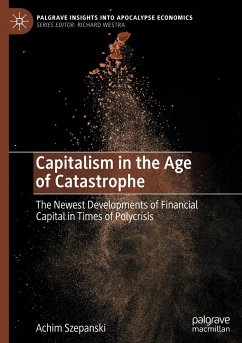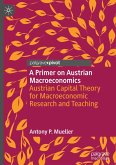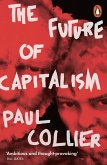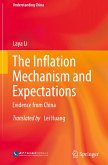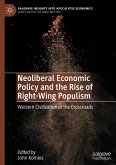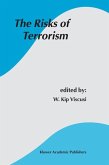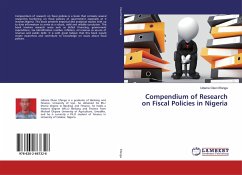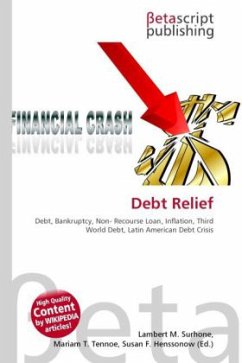This book analyses contemporary and future conditions of global finance and capitalism in an age of catastrophe. It illuminates the links between various crises that have beset the world economy in recent decades and sets these in philosophical context, drawing on the work of Marx, Bataille and Baudrillard to forge new understandings of the impact of capitalist hegemony on society and nature.
The book introduces the concept of the 'over' as a lens through which to reflect on capitalist excess and its negative consequences, such as over-accumulation of goods, over-pollution of the environment, and over-speculation of capital. In particular, it shines a light on the trends of financialization and stagflation, with chapters examining increasingly embedded features of the world economy such as hyper-inflation, the dominance of advanced economy central banks, the phenomenon of repurchase agreements, new asset managers for the ultra-wealthy and index funds to show how capitalist structures continue to drive inequality, ecological breakdown, and geopolitical precarity on a global scale. With a rigorous philosophical and theoretical framework, this book will appeal to political economists, Marxist economists and scholars interested in theories of capitalism.
The book introduces the concept of the 'over' as a lens through which to reflect on capitalist excess and its negative consequences, such as over-accumulation of goods, over-pollution of the environment, and over-speculation of capital. In particular, it shines a light on the trends of financialization and stagflation, with chapters examining increasingly embedded features of the world economy such as hyper-inflation, the dominance of advanced economy central banks, the phenomenon of repurchase agreements, new asset managers for the ultra-wealthy and index funds to show how capitalist structures continue to drive inequality, ecological breakdown, and geopolitical precarity on a global scale. With a rigorous philosophical and theoretical framework, this book will appeal to political economists, Marxist economists and scholars interested in theories of capitalism.

